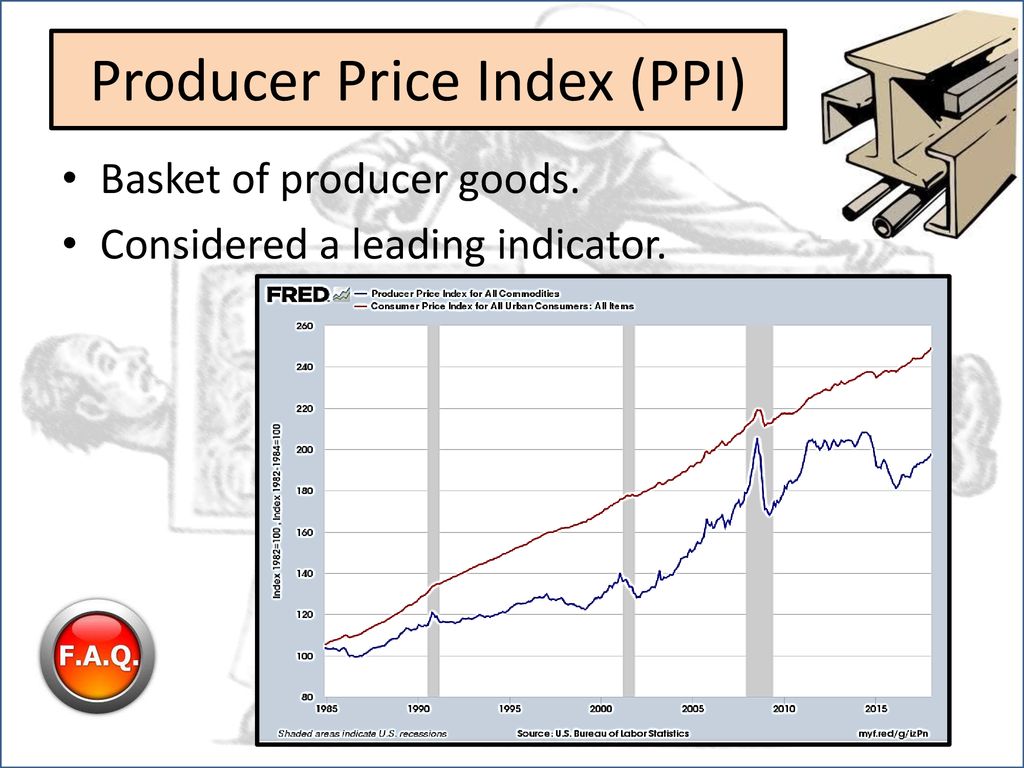
Positive vs. Normative Economics: Unraveling the ‘Is’ vs. ‘Ought’ in Economic Analysis
Economics often feels like a world of complex graphs, statistics, and weighty policy debates. But at its core, understanding economic issues becomes much clearer once you grasp a fundamental distinction: the difference between Positive Economics and Normative Economics.
This distinction is not just academic; it’s crucial for anyone trying to make sense of economic news, policy proposals, or even everyday conversations about money and society. In simple terms, it’s the difference between describing what is and prescribing what ought to be.
Let’s dive in and decode these two essential branches of economic thought.
What is Positive Economics? The World of ‘What Is’
Imagine you’re a detective looking for clues, or a scientist observing an experiment. That’s the mindset of Positive Economics.
Positive Economics focuses on objective, factual statements that can be tested, proven, or disproven by examining data and evidence. It describes and explains economic phenomena as they are, without injecting personal opinions, values, or judgments. It’s all about cause-and-effect relationships and making testable predictions.
Key Characteristics of Positive Economic Statements:
- Factual and Objective: They aim to describe how the world works based on verifiable information.
- Testable and Verifiable: You can gather data, conduct studies, or observe real-world outcomes to determine if a positive statement is true or false.
- Descriptive and Explanatory: They explain "what is," "what was," or "what will be" under certain conditions.
- Focus on Cause and Effect: They often explore how one economic event or policy leads to another.
- Value-Free: They avoid moral judgments or personal beliefs about what is "good" or "bad."
Examples of Positive Economic Statements:
- "An increase in the minimum wage will likely lead to a decrease in the demand for low-skilled labor." (This can be tested by observing employment rates after minimum wage changes.)
- "Higher interest rates tend to reduce inflation." (Economists can analyze historical data to see if this relationship holds true.)
- "Countries with free trade agreements generally experience higher levels of economic growth." (This can be studied by comparing growth rates in different countries.)
- "If the government increases spending, unemployment is expected to fall in the short run." (This is a testable prediction based on economic models.)
- "The national debt is currently X trillion dollars." (A verifiable fact.)
Think of Positive Economics as the "science" part of economics. It’s about understanding the mechanisms and consequences, regardless of whether those consequences are desirable or not.
What is Normative Economics? The World of ‘What Ought To Be’
Now, switch gears. Instead of a scientist, imagine you’re a policymaker, an ethicist, or even a concerned citizen arguing for a better society. This is the realm of Normative Economics.
Normative Economics deals with subjective, value-based judgments about what economic policies should be or ought to be. It involves opinions, beliefs, and ethical considerations about fairness, equity, and desirability. It’s about prescribing solutions or recommending actions based on a particular vision of how the economy should operate.
Key Characteristics of Normative Economic Statements:
- Subjective and Value-Based: They reflect personal opinions, moral beliefs, and societal goals.
- Prescriptive and Policy-Oriented: They recommend specific actions or policies.
- Not Testable by Facts Alone: While facts can inform normative statements, the ultimate judgment ("should" or "ought") cannot be proven true or false purely by data.
- Often Contain Keywords: Look for words like "should," "ought to," "better," "worse," "fair," "good," "bad."
- Focus on Goals and Ideals: They express what someone believes is the ideal economic outcome or policy.
Examples of Normative Economic Statements:
- "The government should increase the minimum wage to ensure a living wage for all workers." (This is a value judgment about what constitutes a "living wage" and the role of government.)
- "Interest rates ought to be lowered to stimulate economic growth." (This reflects a belief that growth is the most important goal and that lower rates are the best way to achieve it.)
- "Rich people should pay higher taxes to fund public services." (This is a statement about income redistribution and fairness.)
- "Healthcare should be a universal right, accessible to everyone regardless of their ability to pay." (A statement about social values and equity.)
- "We must prioritize environmental protection over economic growth." (A value judgment about the relative importance of different goals.)
Normative Economics is where debates about economic policy truly unfold, as people bring their different values and visions for society to the table.
The Fundamental Divide: ‘What Is’ vs. ‘What Ought To Be’
The core difference between Positive and Normative Economics can be summarized in this table:
| Feature | Positive Economics | Normative Economics |
|---|---|---|
| Focus | What is / What will be | What ought to be / What should be |
| Nature | Objective, Factual, Descriptive | Subjective, Value-Based, Prescriptive |
| Verifiability | Testable, can be proven true or false | Not testable by facts alone |
| Purpose | Explain and predict economic phenomena | Recommend policies and goals |
| Key Words | "Is," "will," "causes," "leads to" | "Should," "ought to," "better," "fair" |
| Analogy | Scientist, Historian | Policymaker, Philosopher |
Why Does This Distinction Matter So Much?
Understanding the difference between Positive and Normative Economics is not just an academic exercise; it’s vital for clear thinking and effective communication about economic issues.
- Clarity in Debate: When people argue about economics, recognizing whether a statement is positive or normative helps identify the true source of disagreement. Are they disagreeing on the facts (positive) or on what values should guide policy (normative)?
- Avoiding Bias: Positive economics aims for objectivity. By separating facts from opinions, economists can try to present an unbiased analysis, even if their personal views lean one way or another.
- Informed Policy Making: Effective policy relies on sound positive analysis. Before deciding what should be done, policymakers need to understand what is happening and what the likely consequences of different actions will be. Normative goals then guide the choice among the possible factual outcomes.
- Critical Thinking: Being able to distinguish between the two empowers you to critically evaluate economic arguments. You can ask: "Is this claim supported by evidence, or is it just someone’s opinion?"
- Ethical Considerations: While positive economics provides the tools, normative economics pushes us to consider the ethical implications of economic choices and their impact on different groups in society.
Examples in Action: Real-World Scenarios
Let’s look at how positive and normative statements play out in common economic discussions:
1. Minimum Wage Debate
- Positive Statement: "A 10% increase in the minimum wage is likely to reduce employment among teenagers by 0.5%." (This is a testable hypothesis based on economic models and past data.)
- Normative Statement: "The minimum wage should be raised to $15 an hour because it is unfair for anyone working full-time to live in poverty." (This is a value judgment about fairness and an ideal standard of living.)
2. Healthcare Policy
- Positive Statement: "Implementing a universal healthcare system would increase government spending by X billion dollars per year." (This can be estimated using budget analysis and projections.)
- Normative Statement: "Every citizen deserves access to affordable healthcare, so the government should provide universal coverage." (This is a moral or ethical stance on the right to healthcare.)
3. Environmental Regulations
- Positive Statement: "A carbon tax of $50 per ton would reduce industrial carbon emissions by 20% over five years." (This is a prediction based on economic modeling of firms’ responses to costs.)
- Normative Statement: "Protecting the environment is more important than maximizing short-term economic growth, so we should impose stricter environmental regulations." (This is a value judgment prioritizing environmental well-being over purely economic expansion.)
The Interplay: How They Work Together
It’s important to remember that Positive and Normative Economics are not completely isolated. In reality, they are deeply interconnected and often work hand-in-hand.
- Positive Informs Normative: Normative goals are usually set after considering the facts provided by positive analysis. For example, if positive economics tells us that a certain policy will lead to widespread unemployment, a normative decision-maker might reconsider their goal or seek alternative policies.
- Normative Guides Positive: The questions posed by normative economics often drive the research in positive economics. If society decides that reducing income inequality should be a priority (normative), economists will then conduct positive research to understand what causes inequality and what policies effectively reduce it.
- The Policy Cycle:
- Normative Goal: "We should reduce poverty."
- Positive Analysis: "What are the current poverty rates? What economic factors cause poverty? What have been the effects of past anti-poverty programs?"
- Normative Decision: "Given the facts, which specific policy (e.g., minimum wage increase, expanded welfare, education programs) should we implement to best achieve our goal, considering its costs and benefits?"
- Positive Evaluation: "After implementing the policy, what are the actual effects on poverty rates and other economic indicators?"
Conclusion: Empowering Your Economic Understanding
In a world filled with economic commentary and policy debates, the ability to distinguish between Positive and Normative Economics is a powerful tool.
Positive economics gives us the facts, the data, and the testable theories – the "what is." It helps us understand the mechanisms of the economy. Normative economics, on the other hand, guides our aspirations and choices – the "what ought to be." It reflects our values and goals for society.
By recognizing whether a statement is objective and testable or subjective and value-based, you’ll be better equipped to:
- Engage in more productive discussions about economic issues.
- Critically evaluate the claims made by politicians, economists, and commentators.
- Formulate your own informed opinions about the complex economic challenges facing our world.
So, the next time you hear an economic claim, ask yourself: Is this an observation of "what is," or a recommendation for "what ought to be"? Your understanding of economics will be much clearer for it.




Post Comment